Dozens of countries and companies made new commitments at an AI summit in Seoul on AI safety, innovation and inclusivity.
Co-hosted by South Korea and the United Kingdom, the two-day AI Seoul Summit ended on Wednesday, with a virtual leaders' session held on day one and an in-person ministers' session on the second day. It was a follow-up of the inaugural AI Safety Summit hosted by the UK at Bletchley Park last November.
Addressing the summit, United Nations Secretary-General Antonio Guterres said AI systems are still being deployed with little oversight or accountability.
"Let us build innovative and inclusive global governance tools of AI — with human rights, human dignity, and human agency front and center," he said.
During the leaders' session co-chaired by South Korean President Yoon Suk-yeol and UK Prime Minister Rishi Sunak, the Seoul Declaration for safe, innovative and inclusive AI was adopted by Australia, Canada, the European Union, France, Germany, Italy, Japan, South Korea, Singapore, the United Kingdom, and the United States.
Ripple effect
Noting the emergence of "generative AI" such as ChatGPT, Yoon said the rapid development of the technology will have a huge ripple effect on human society.
Chinese AI company Zhipu AI, together with 15 companies from the US, the Middle East and Europe, have agreed to the Frontier AI Safety Commitments to develop AI safely.
"For AI technology to be used inclusively to solve global challenges in various fields for humanity rather than being subordinated to a few organizations and companies, the technology must be shared and distributed equitably," Yang Yoon-seok, an assistant professor of computer science at the State University of New York, Korea, said.
Yang told China Daily that AI can bring safety and ethical risks, the unequal distribution of development profits, and the potential misuse of war weapons, while also hoping that AI can improve human lives and solve global problems.
"These issues require stakeholders to come together and jointly discuss the commitment to develop balanced, fair, effective and controllable governance policies," Yang said.
A spokesperson for the Pacific Basin Economic Council in Hong Kong told China Daily that the organization supports the commitments of leading global AI companies at the event, as it is an excellent starting point to build further trust between the private and public sectors.
"In the absence of suitable cross-border multilaterally agreed regulation … these voluntary commitments are an interim solution along the path in getting there," the spokesperson said.
However, there were also doubts as the Seoul event saw fewer participating countries than the AI Safety Summit in the UK. Major tech companies such as Tesla and OpenAI did not send their CEOs to attend the meeting.








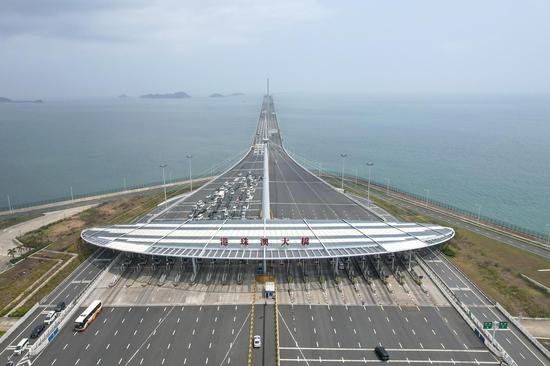
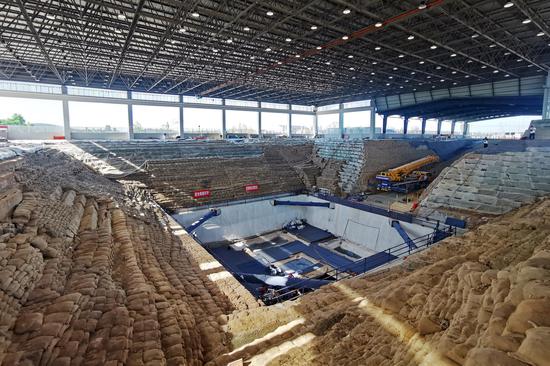
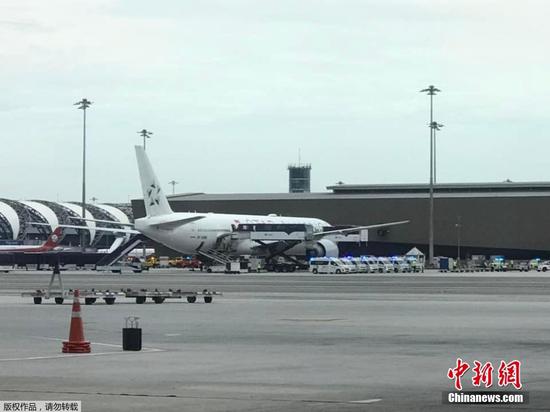

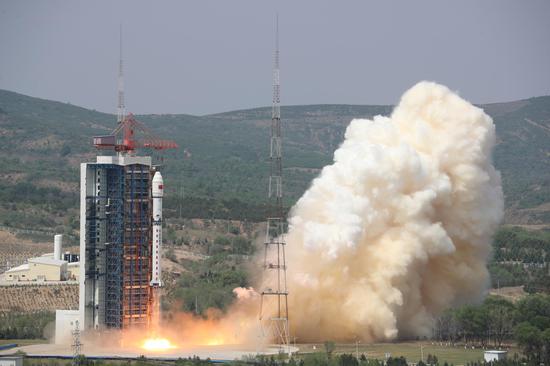
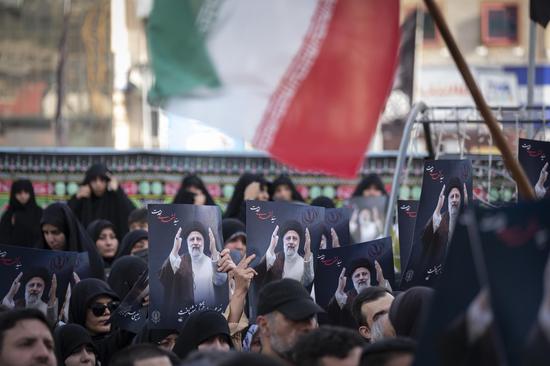
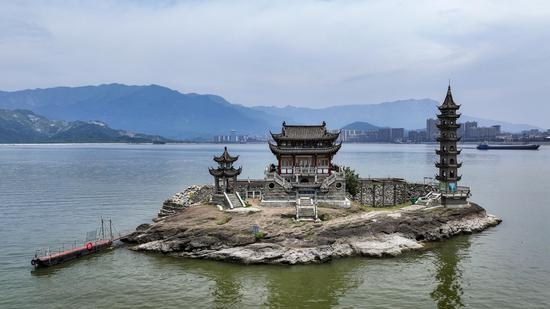
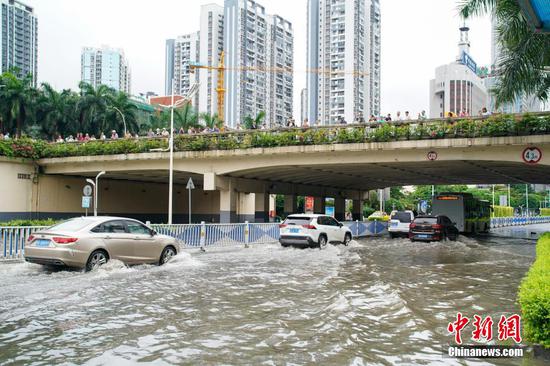

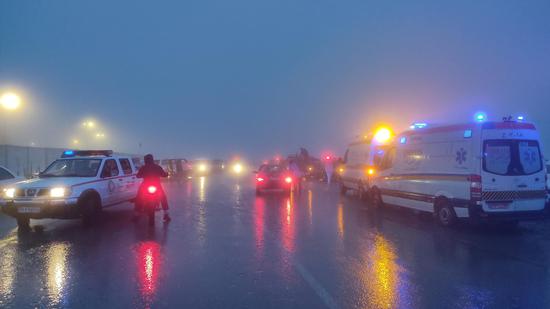
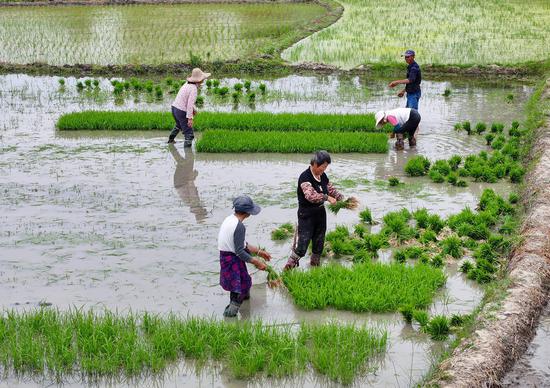
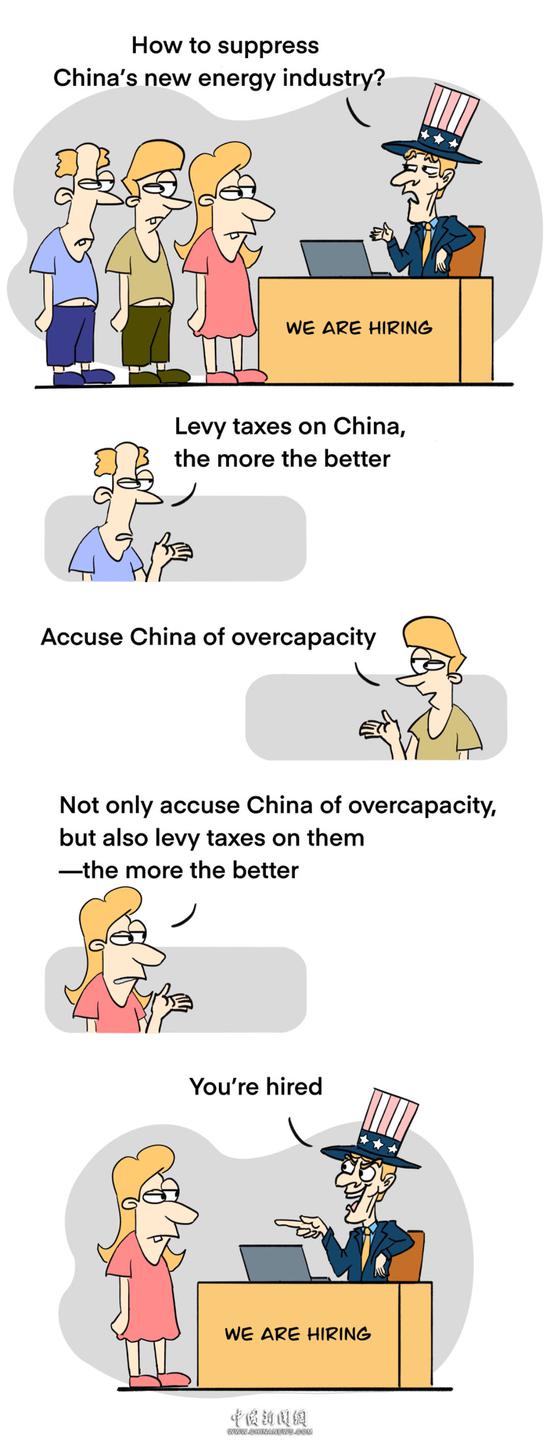

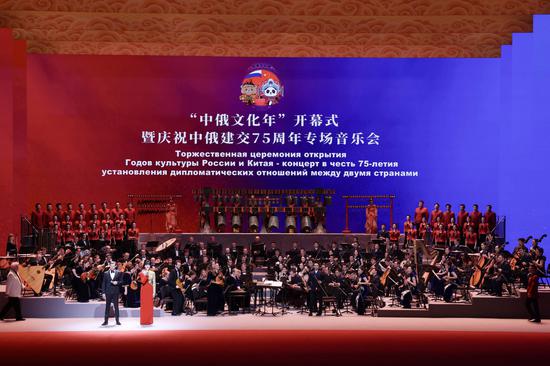
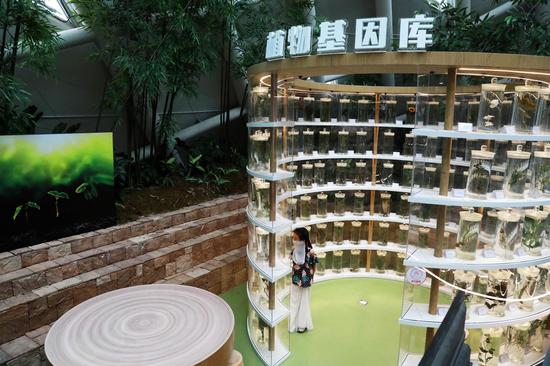
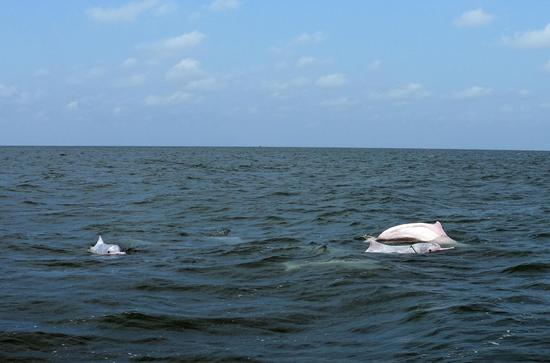
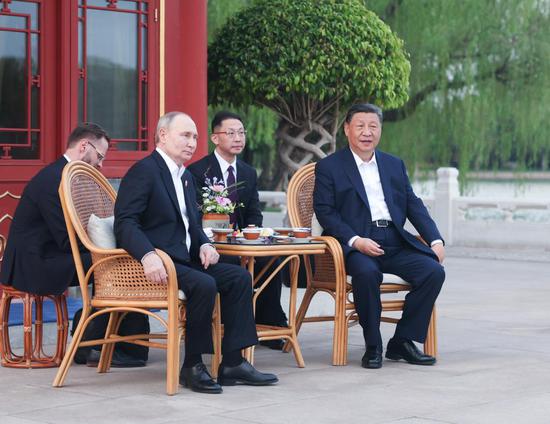
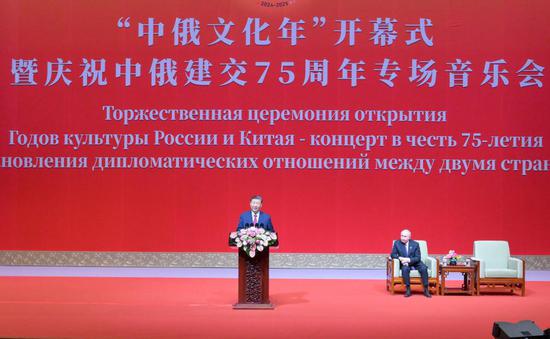
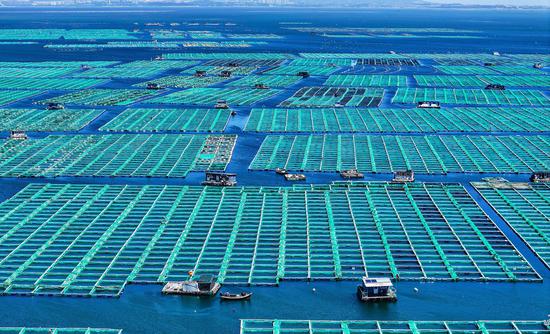



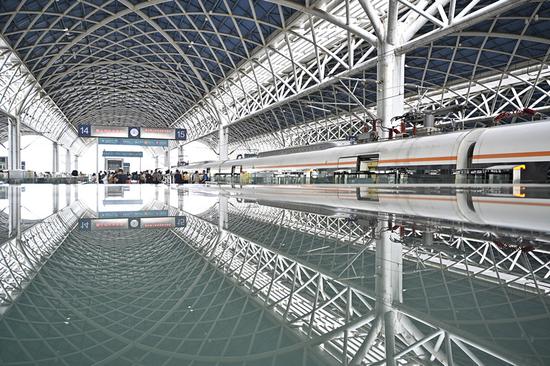

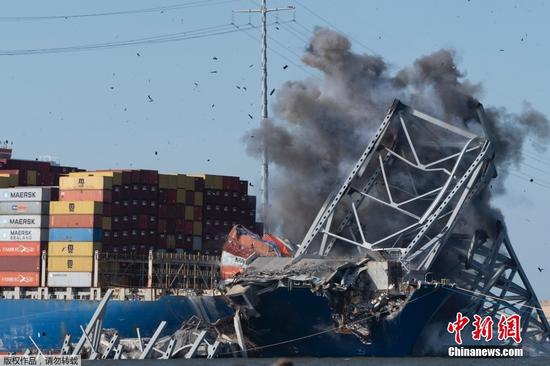

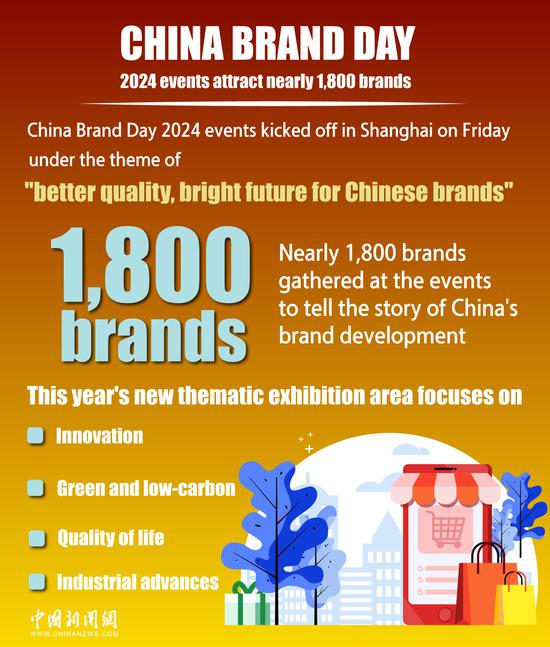
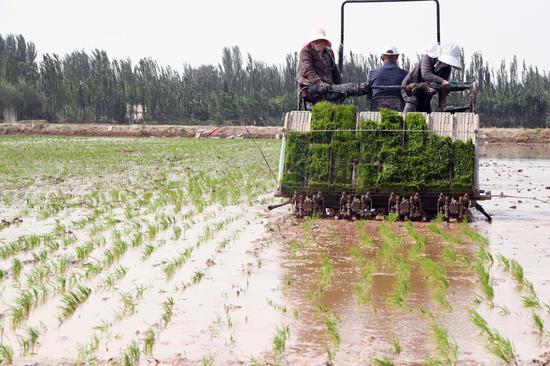

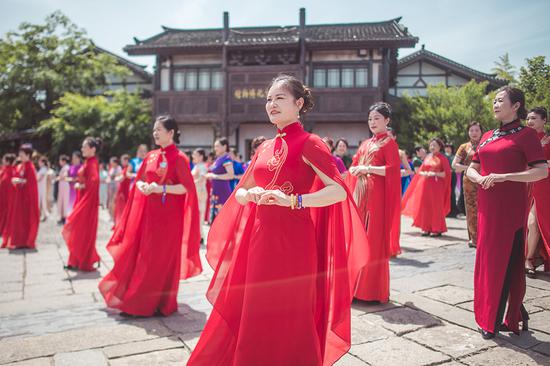
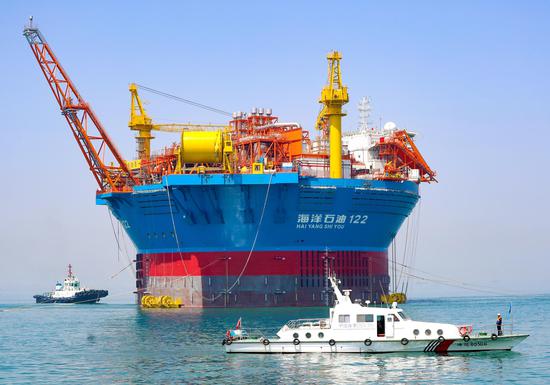
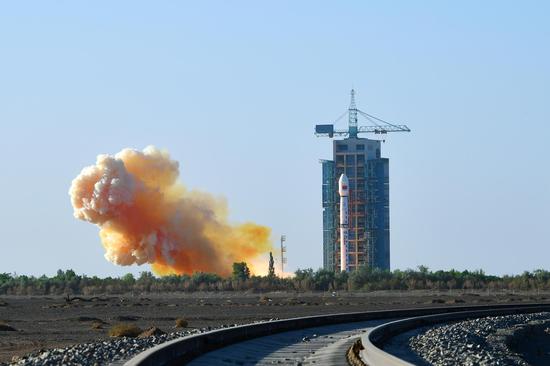
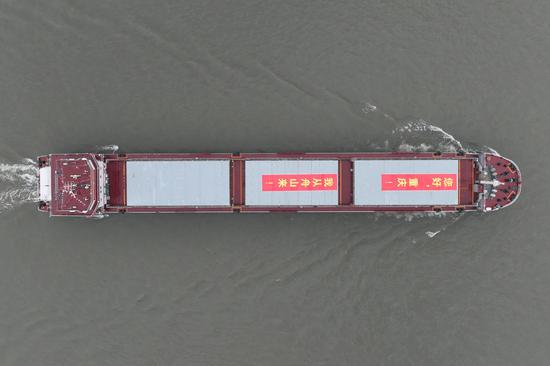

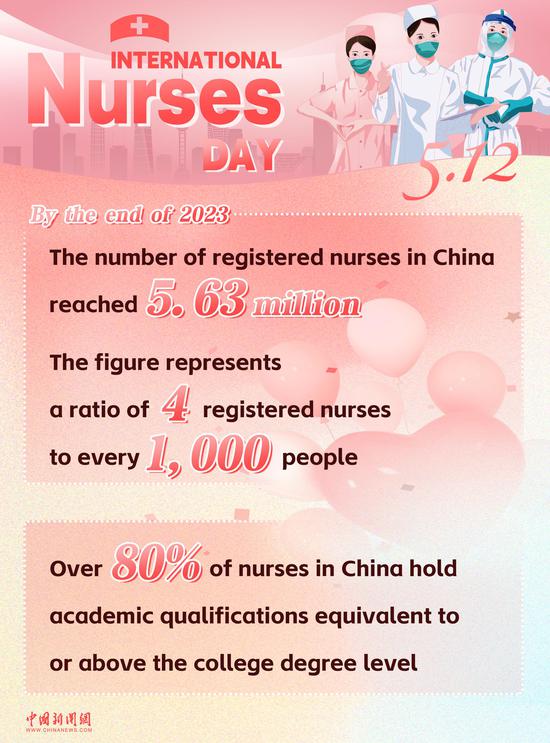

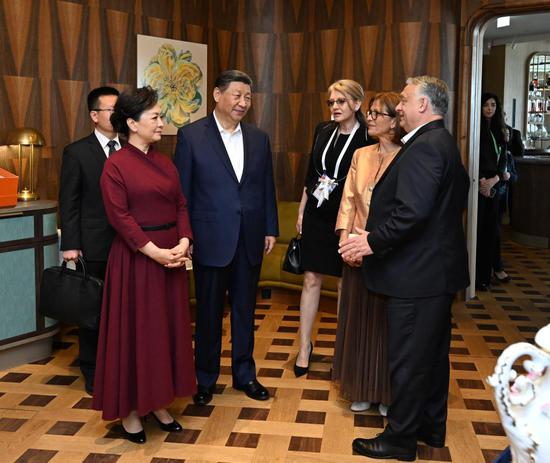





 京公网安备 11010202009201号
京公网安备 11010202009201号